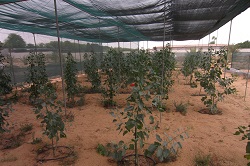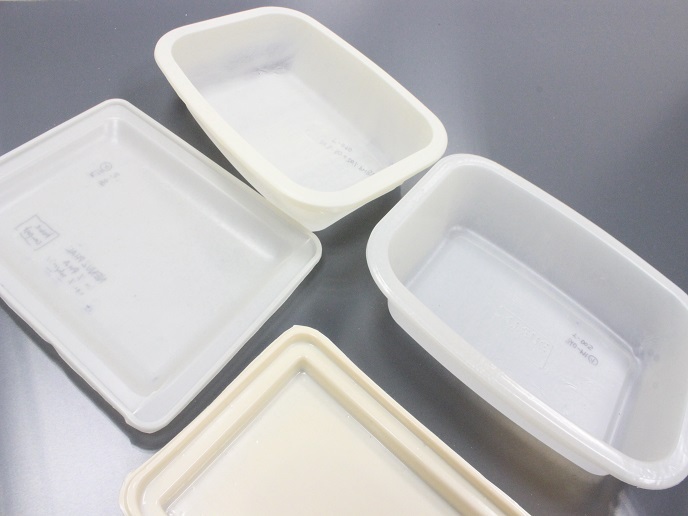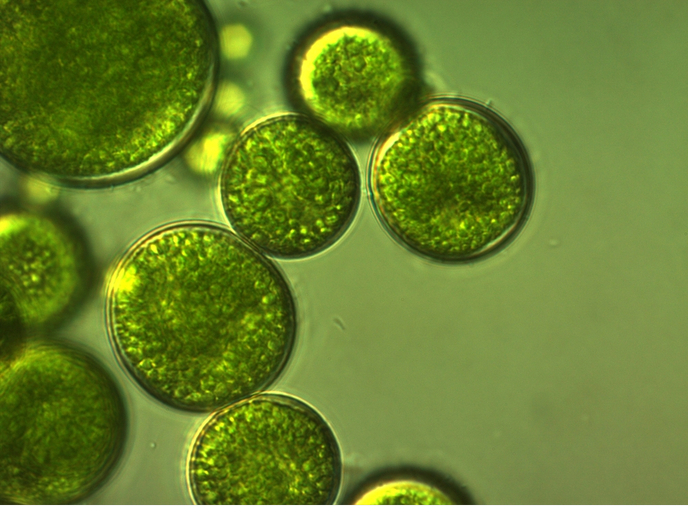Planting the seeds for a biomaterial market
The EU has put the development of advanced biofuels and bio-based products at the centre of its bioeoconomy and energy strategies. But making plant-based products truly competitive against traditional sources requires research into a plant’s biological and chemical processes, improving the methods for extracting and refining useful oils, and developing a bio-based sector that will attract private investment. The EU-funded MULTIBIOPRO project has addressed all of these challenges by developing and implementing multipurpose crops capable of delivering improved biomass extractability and new sources of non-food oils, biomaterials and other valuable bio-products that can benefit society as a whole. Poplar and Tobacco One major roadblock to the development of a robust biofuels market is that these fuels sometimes do more harm than good. This is because first generation biofuels are predominantly produced from agricultural crops like rapeseed and palm oil. These plants have an indirect effect on land use changes, causing prime farm land to be diverted from food production to the growing of these biofuel crops. For this reason, policymakers are calling for a shift to woody plants that can grow on marginal land unsuitable for growing other crops – and this is where the MULTIBIOPRO project comes in. The project focuses on two plant species that show promise as second generation bio-product feedstock: tobacco and poplar. ‘We determined that the poplar tree and tobacco plant can serve as an effective feedstock for bio-refining, offering a performance similar to maize, which is currently a favoured source of feedstock,’ says project coordinator Dr Alisdair Fernie of the Max Planck Institute of Molecular Plant Physiology (MPI-MP). ‘The tobacco plant also showed good potential as feedstock for bioplastic production, which could eventually replace fossil fuel-based plastic.’ To convert these plants into fuel, researchers first had to understand the structural components of their biomass and how this could prove valuable in the development of materials. Next, researchers exploited this knowledge to make materials with even higher properties than the natural materials formed by the plants themselves. With this information and in conjunction with the project’s industrial partners, researchers could begin to identify possible new markets capable of meeting real user needs. ‘Not only did our researchers assess the productive value of these plants, we also evaluated the structural differences in their cell wall properties in order to ascertain potential commercial applications,’ explains Dr Fernie. Lab-to-market pipeline One example of this lab-to-market pipeline that the MULTIBIOPRO project is developing is for bio-diesel. Traditionally, companies have used cooking oil as a feedstock for creating bio-diesel. The problem with this business model, however, is that there’s a limited supply of used cooking oil available. To create a profitable bio-diesel market, a sustainable, long-term source of bio-diesel feedstock was required. MULTIBIOPRO’s laboratory research was directly applied to the development of a market for bio-products. Researchers discovered that one potential replacement for cooking oil is the tobacco plant. The plant, which can be grown on marginal lands that are otherwise unsuitable for agricultural purposes, has the potential for large-scale production without directly competing with food crops. Currently, scientists are seeking to learn what quality of diesel can be produced from this plant and whether it is capable of meeting international standards. By focusing on research and market-based solutions, MULTIBIOPRO is set to make a lasting contribution towards a sustainable energy future. Even after the project’s conclusion, work is set to continue. ‘We’re currently in talks with companies outside the consortium to evaluate the level of interest,’ says Dr Fernie. ‘Several companies and partners have already indicated that they will likely continue projects, albeit at a smaller scale, based on the promising results gained through MULTIBIOPRO.’
Keywords
MULTIBIOPRO, bio-diesel, tobacco plant, poplar tree, biofuels, feedstock, multipurpose crops, energy security, renewable energy, bioplastics, bioeconomy, biorefinery.







